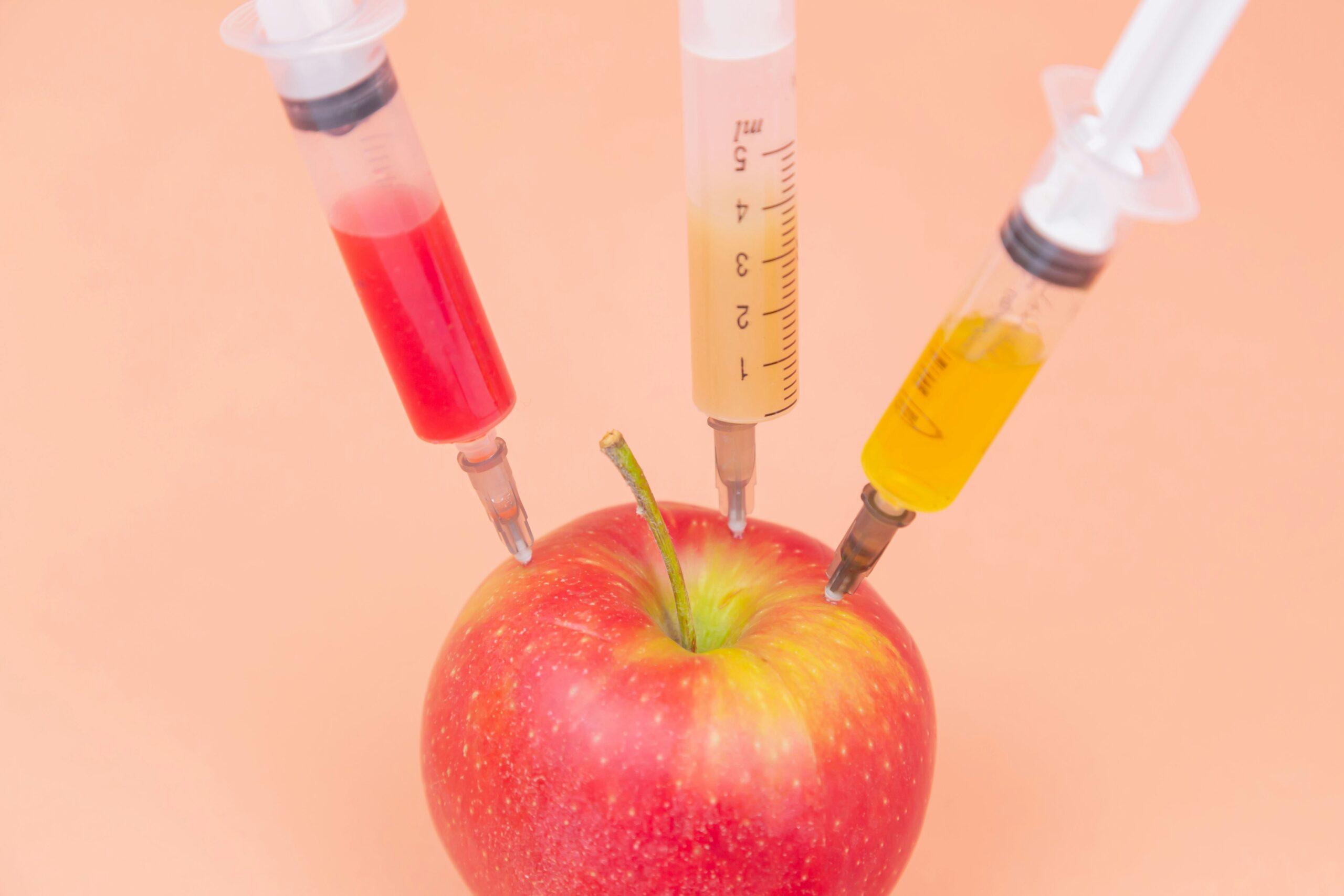The Food and Drug Administration (FDA) is an agency of the United States Department of Health and Human Services. It is responsible for protecting public health by ensuring the safety, efficacy, and security of various products, including food, drugs, medical devices, cosmetics, and tobacco products.
What does the FDA Do?
The FDA plays a crucial role in safeguarding public health. It regulates the development, manufacturing, and distribution of products to ensure they meet rigorous standards. The agency conducts thorough reviews of new drugs and medical devices before they can be marketed, ensuring they are safe and effective for use. The FDA also monitors the safety of approved products, conducts inspections of manufacturing facilities, and enforces regulations to prevent fraud and misleading claims.
The Good about the FDA
One of the key benefits of the FDA is its commitment to protecting consumers. By setting and enforcing strict standards, the FDA helps ensure that the products we consume are safe and effective. The agency’s oversight of the pharmaceutical industry has led to numerous life-saving drugs being made available to the public. The FDA also provides valuable information and resources to educate the public about health-related issues.
The Bad about the FDA
While the FDA plays a vital role in public health, it is not without its criticisms. Some argue that the agency’s approval process for new drugs is too lengthy, resulting in delays in potentially life-saving treatments reaching patients. Others express concerns about the influence of the pharmaceutical industry on the FDA’s decision-making process. Additionally, the FDA’s regulatory approach has been criticized for being too focused on compliance rather than innovation.
In conclusion, the FDA is an essential regulatory agency that plays a critical role in protecting public health. While there are valid criticisms of its processes, it continues to work towards ensuring the safety and efficacy of the products we rely on.

